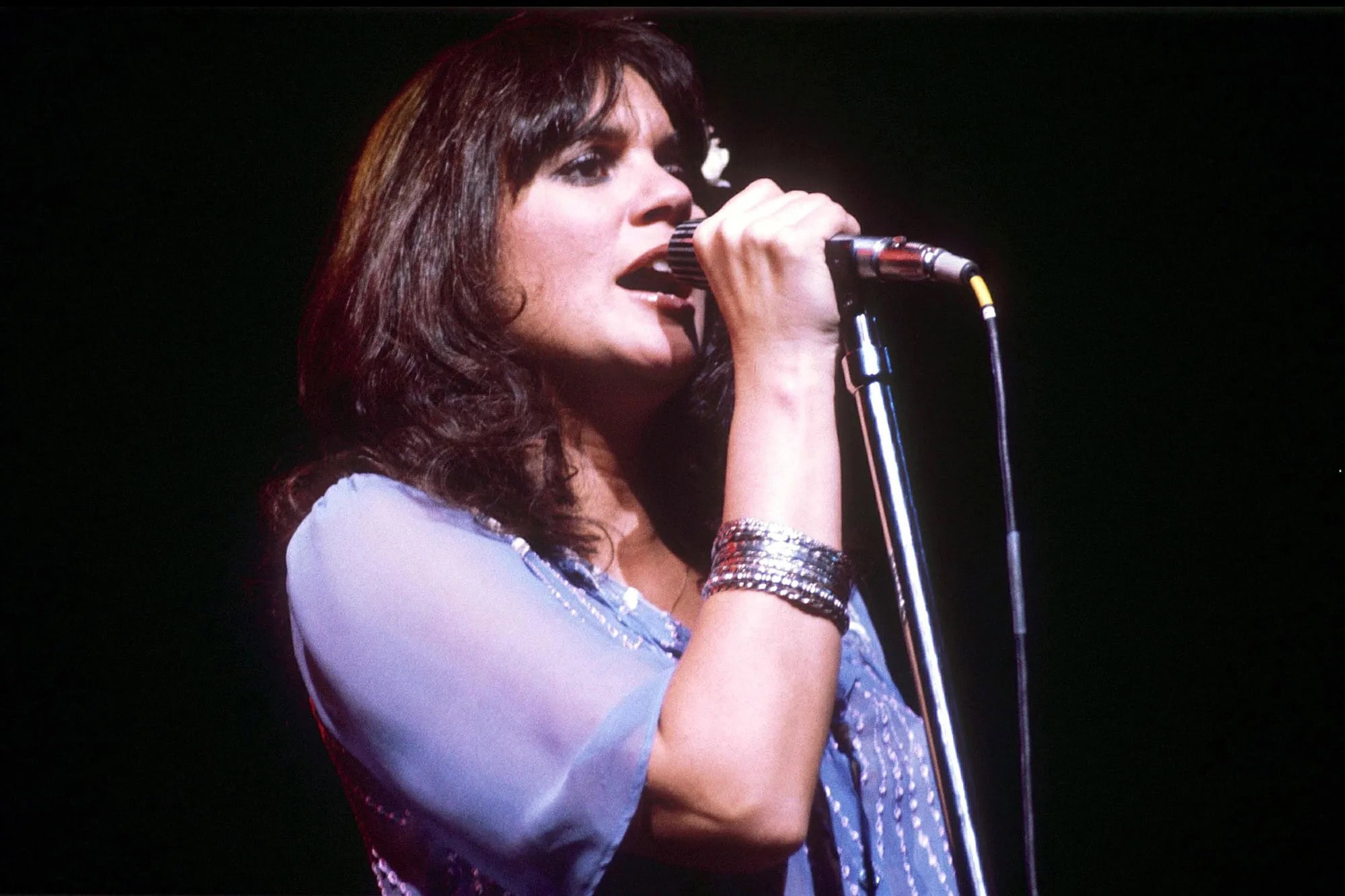
Introduction
The Betrayal Behind the Voice: Linda Ronstadt’s Explosive “When Will I Be Loved”
It wasn’t just another love song. It wasn’t just another hit on the radio. When Linda Ronstadt unleashed her fiery rendition of “When Will I Be Loved” in 1975, it cut deeper than any ballad before it. What the world didn’t know—what the record executives wouldn’t dare say out loud—was that this wasn’t merely music. This was a scream of betrayal, a woman’s defiant response to a world that had broken her heart one too many times.
The song’s roots go back to the Everly Brothers, but Ronstadt transformed it into something else entirely: a raw, scorching confession of disillusionment. The sweetness of the 1960 original was stripped away. What remained in Ronstadt’s hands was fire, grit, and an edge that shocked even her most loyal fans. Behind that soaring voice was real pain, drawn from the wreckage of her personal life—relationships that cracked, promises that dissolved, and the lingering question that haunted her: When will I be loved?
For decades, critics tried to soften its edges, to dismiss it as “just a cover.” But listen again. There is venom in her phrasing, a dagger hidden in the honey of her tone. This wasn’t just pop music—it was revenge wrapped in melody, a woman demanding answers in a music industry dominated by men who expected her to stay quiet.
And the shock? The very men she sang about were sitting in the front row, forced to watch as Ronstadt burned the stage with her fury. “When Will I Be Loved” wasn’t simply a number one hit—it was a declaration of war, and it cemented Ronstadt not just as America’s sweetheart, but as a dangerous truth-teller in a silk dress.
Even now, nearly fifty years later, that question still echoes. It isn’t just Linda’s cry. It’s ours.